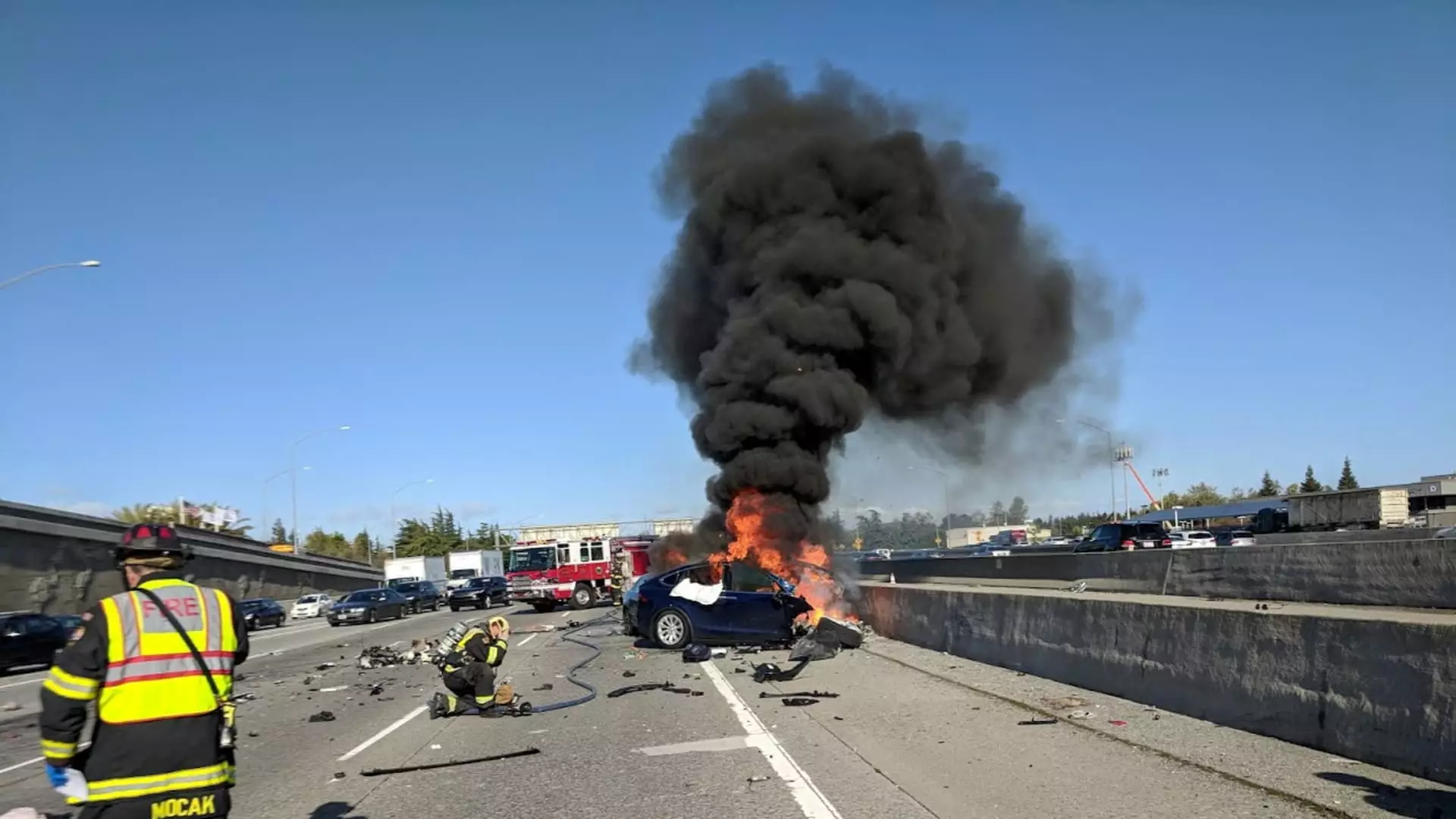In a recent development, Tesla has reached a settlement in a wrongful death lawsuit filed by the family of Walter Huang, an Apple engineer who tragically lost his life in a car crash involving a Tesla Model X with Autopilot features engaged. The incident occurred near Mountain View, California, in 2018, when Huang’s vehicle collided with a highway barrier. The settlement was reached as jury selection and trial proceedings were underway in a California Superior court, allowing Tesla to avoid a high-profile trial.
The National Transportation Safety Board (NTSB) conducted an investigation into the fatal crash and determined that Tesla’s technology played a significant role in the collision. The agency found that Tesla’s forward collision warning system failed to alert Huang and that the automatic emergency braking system did not activate as the Model X accelerated into the barrier. Additionally, the NTSB cited factors such as faded lane markings and the positioning of the barrier as contributing elements to the accident.
Huang’s family filed a wrongful death lawsuit against Tesla, alleging safety and design defects in the company’s driver assistance systems. The case, known as Sz Huang et al v. Tesla Inc. et al, highlighted concerns over Tesla’s marketing messages that suggested Autopilot made its vehicles safe to operate without constant attention from the driver. Attorneys for Huang pointed to internal Tesla emails that revealed employees becoming complacent while using Autopilot features, engaging in distracting activities such as checking their phones while driving.
The settlement of the wrongful death lawsuit has significant implications for Tesla and its reputation. The case had already raised questions about the company’s safety culture and the effectiveness of its driver assistance systems. Had the trial proceeded and found Tesla liable for Huang’s death, it could have set a precedent for future product liability cases against the EV manufacturer. The settlement amount remains undisclosed, as Tesla has requested that this information be sealed from public view.
Tesla’s settlement in the wrongful death lawsuit stemming from the Autopilot crash involving Walter Huang reflects the complexities and challenges of integrating advanced driver assistance systems into modern vehicles. The case serves as a reminder of the responsibilities that automakers bear in ensuring the safety and reliability of their technologies, as well as the legal and ethical implications of incidents resulting from system failures. As Tesla and other companies continue to develop autonomous driving solutions, it is essential to prioritize safety and accountability to prevent similar tragedies in the future.


Leave a Reply